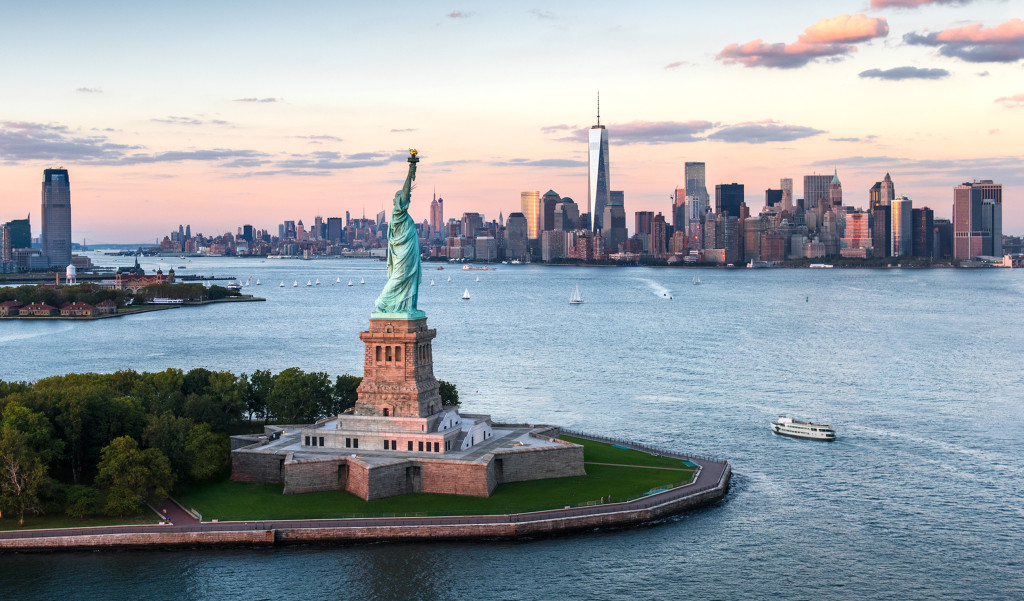by: Maxim Belov
photos from: Getty Images
Contrary to popular belief, the United States was not always a democracy. The American Gilded Age, lasting from 1870 to 1900, was dominated by robber barons like Rockefeller, Carnegie, and Rothschild. The nation was run by one unopposed political party and guided by the wealthiest twenty individuals. The problems began around 1870, when the United States ventured an attempt at capitalism but failed to stop wealth moguls from hijacking American politics then crushing democracy. It took half a century to liberate America’s democratic system through careful economic regulations. For American politics to remain democratic, the United States needs to maintain regulations over its economic institutions.
Capitalism, at its core, is a system which encourages actors to invest their assets and turn a profit. Early pioneers of political economy believed the best approach to capitalism is one without regulation. Understandably so, from the economist’s perspective, granting entrepreneurs the ability to respond freely as markets fluctuate is critical to rapid economic growth. However, in a free environment, entrepreneurs will hunt for every possible advantage, manipulate the system, liquidate competitors, and establish sole-propriety over entire industries if left unchecked. In short, the natural tendency of unregulated capitalists is to create monopolies.
Mythos surrounding capitalism and democracy often assumes both systems promote individualism, making them a good pair, but democracy does not get its strength from individualism, rather, in spite of it. The true value of democracy is its ability to unite people and achieve for the greater good what could not be done alone. Democracies thrive by keeping elected officials accountable to the people, forcing politicians to align their goals with the people’s collective desires. To continue functioning correctly, however, society relies on all politically motivated actors to protect the political system. To prevent oligarchs from usurping power, there must be a political precedent encouraging political discourse while keeping the electorate well informed. Failing these two requisites, the fine line between democracy and dictatorship is erased. When that line does disappear, power always goes to the wealthy; to those with the financial backing to subvert competition, to misinform, and to monetarily manipulate the regime. For a capitalist democracy to remain stable, the political system must keep watch over the economic system, to regulate it, and prevent monopolies from rising. When democracies fail to do so, the economic system supplants the political system.
The end goal of capitalism is to consolidate power into the hands of the few; the end goal of democracy is to disperse it among the many. For this reason, the two cannot be reconciled without economic regulation or the abandonment of democratic ideals.
Therefore, whenever any presidential administration promises deregulation will make America great or passes an executive order designed to halt creation of new regulations, they force the nation to choose between either laissez faire or democracy. If the people choose “economic freedom”, the only ones who benefit are CEO’s of Fortune 500 companies at the expense of the silenced majority.
- “Gilded Age (1878-1889).” America’s Story. America’s Library, n.d. Web. 02 Feb. 2017. <http://www.americaslibrary.gov/jb/gilded/jb_gilded_subj.html>
- “The Trust Buster.” Ushistory.org. Independence Hall Association, n.d. Web. 02 Feb. 2017. <http://www.ushistory.org/us/43b.asp>.
- The Editors of Encyclopædia Britannica. “Laissez-faire.” Encyclopædia Britannica. Encyclopædia Britannica, inc., 19 Oct. 2016. Web. 02 Feb. 2017.
- Friedman, Howard Steven. “When Capitalism Fails — The Ugly World of Monopolies.” The Huffington Post. TheHuffingtonPost.com, 25 May 2011. Web. 02 Feb. 2017.
- Mesquita, Bruce Bueno de, and Alastair Smith. The dictator’s handbook: why bad behavior is almost always good politics. New York: PublicAffairs, 2011. Print.
The opinions expressed in this article are the author’s alone and do not necessarily reflect the views of the Texas Speech team.

